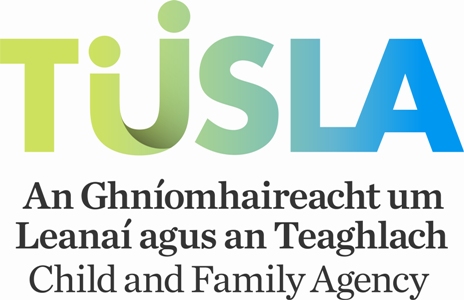
CHILD care agency Tusla has been found to be failing in major areas of their provision of safe foster care for children in Limerick.
A shocking new report from Health Information and Quality Authority (HIQA) found that in the Midwest, the largest part of which is Limerick, Tusla has continually failed to meet standards in major areas in relation to foster care, including safeguarding and child protection.
HIQA this week published a follow-on inspection after finding that Tusla’s foster care arrangements were majorly non-compliant in 2017 in vetting carers, supporting foster families and reviewing foster carers’ on-going ability to do the job.
The 2018 follow-up inspection found that over the previous eleven months, 44 allegations had been made against foster carers.
While improvements had been made in areas like Garda vetting and dealing with complaints, more needed to be done to manage complaints and ensure child safety, the report said.
The 2017 report found that 140 foster carers – almost one third – had not been reviewed over a three year period to see if they were still suitable. HIQA determined that “there was no effective system to ensure that foster carers’ continuing capacity to foster was reviewed.
“Reviews that did take place were poor and foster carers did not receive copies of the review report”.
Since then, Tusla had completed 118 reviews of foster carers but a further 118 were still outstanding at the time of the follow-up inspection.
In 2017, HIQA discovered that 20 out of 140 relatives who were acting as foster carers had not been assessed and preliminary checks were not being done in all cases before children were handed over for emergency fostering.
The follow-up inspection found that “insufficient progress” had been made and despite a private agency and an additional two staff being brought in to do assessments, the number of relative carers who had not been assessed had increased to 26, almost one-quarter of all relatives fostering.
Other areas of concern remained around support for foster carers.
The report said: “Overall, foster carers did not receive consistently good quality support.
“In the Mid West Service Area, the number of foster carers without a link worker had increased since the 2017 inspection. In 2018, of 393 foster families, 47 (12 per cent) did not have an allocated social worker.
“Of these, two families were dual unallocated, that is to say neither the foster family, nor the child in the placement had an allocated social worker. In addition, there were two unassessed and unapproved foster families that did not have an allocated link social worker.
“These families were being actively monitored through home visits every three months to manage the risks associated with them”.
In a damning conclusion, the HIQA report stated that it had found that “in the Mid West Service Area, the actions taken had not adequately addressed the non-compliances and sufficient progress had not been made towards compliance”.
In a statement accompanying the report, HIQA said it found a lack of consistent practices and shared learning within and between regions.
“Individual initiatives that were effective in one area were not being transferred to other areas, presenting a missed opportunity to implement initiatives that were successful to other areas.
“The lack of shared learning and development of common systems was noted in the variety of different systems that had been set up nationally.
“Similarly, Tusla resources were not effectively used and duplication of work was occurring. Many areas had convened individual working groups to look at aspects of practice, such as the processes for placing children in an emergency. However, inspectors found that some of these working groups were operating in isolation.
“As a result, several groups across several areas were independently looking at the same issues.
“While HIQA is cognisant of Tusla’s reported staffing shortages, it is essential that Tusla review operational practices and optimise staffing to prevent duplication of effort and inconsistency in practice.
“Further work is required by Tusla to consistently raise compliance with the National Standards and to ensure that where risks remain, they are appropriately managed.
“HIQA will continue to monitor areas where there continued to be major non-compliance found in 2018, and will continue to assess action plan updates and carry out risk-based inspections, where required,” the statement concluded.







